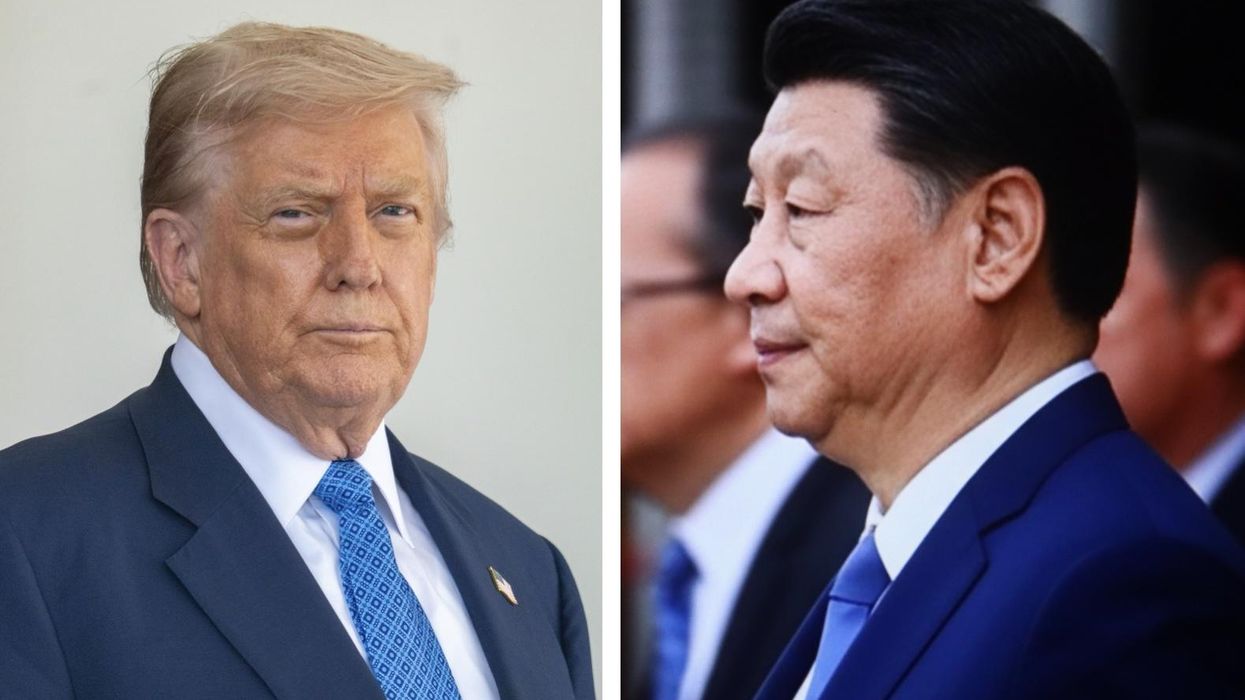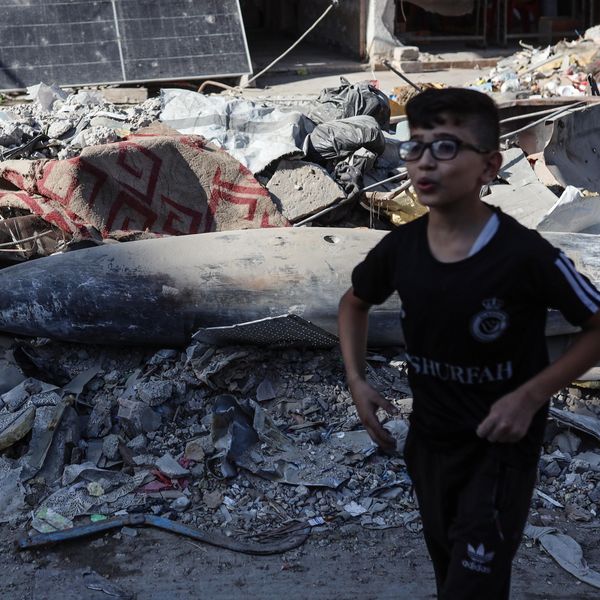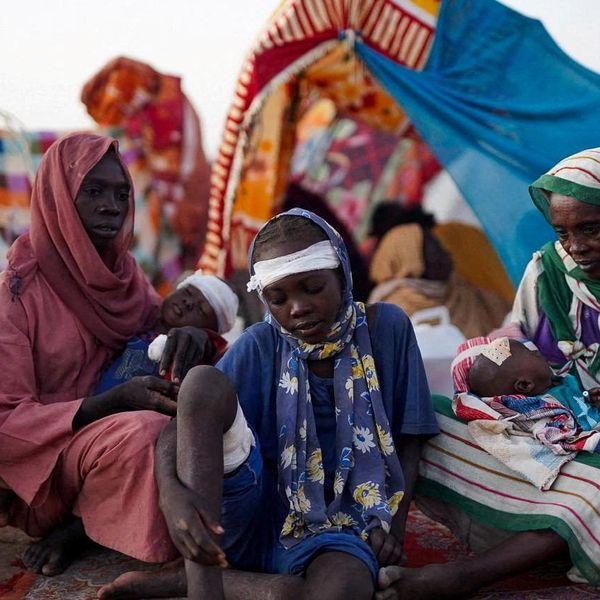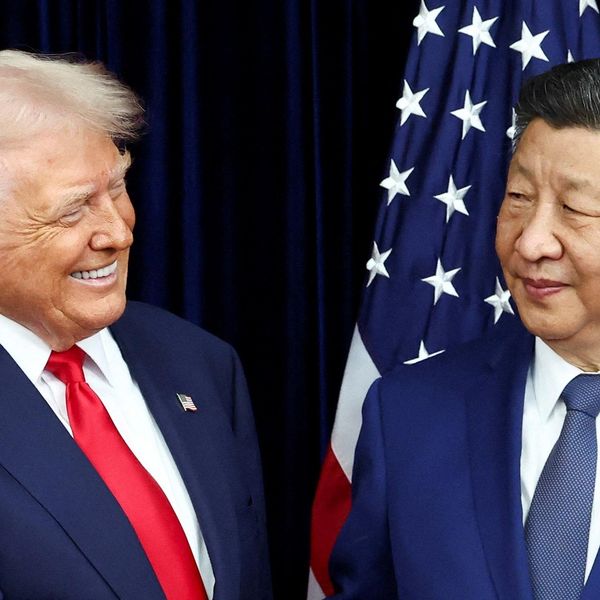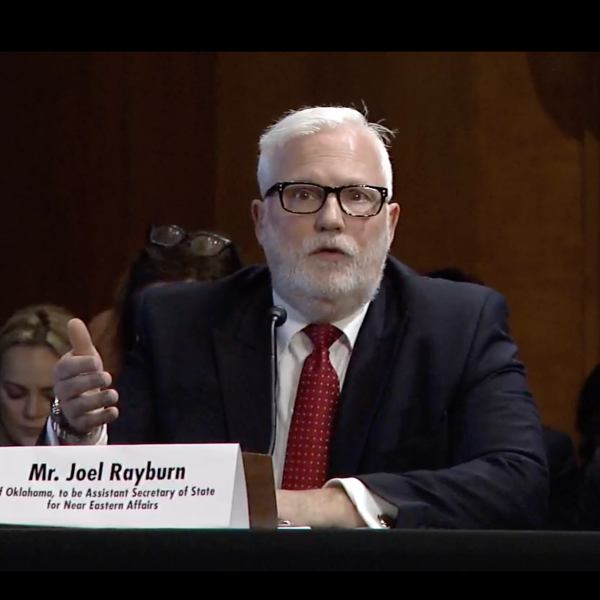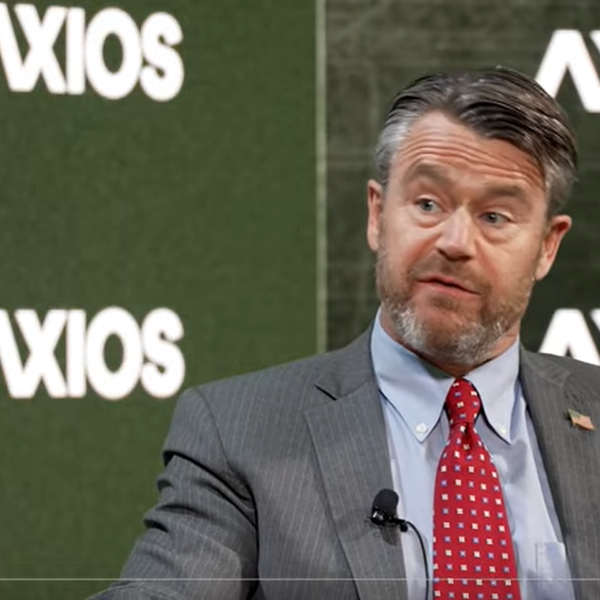White House Press Secretary Jen Psaki made headlines on March 9, when she said that Cuba was “not currently among President Biden’s top priorities.” The second half of her answer got less attention, though it was equally significant: “…but we are committed to making human rights a core pillar of our U.S. policy.” Shortly thereafter, a senior official reaffirmed her comment, saying that the president would “make human rights a fundamental pillar of his foreign policy,” not just in Cuba but across the Americas.
This is no surprise. Biden has been an advocate for human rights throughout his political career, and this position on Cuba echoes what he said during the campaign. But human rights policies don’t happen in a vacuum; they are one component of a broader bilateral relationship and their effectiveness depends upon that context.
Biden acknowledged as much when he criticized President Trump for imposing tougher economic sanctions against Cuba, arguing they had “inflicted harm on the Cuban people and done nothing to advance democracy and human rights.” That was also the central argument President Barack Obama advanced for his 2014 policy of normalizing relations with Havana—that sixty years of trying to promote democracy through coercive diplomacy simply had not worked.
Cuban leaders have always rejected foreign demands that they reform their politics. To them, such demands are an infringement on Cuba’s sovereignty. When U.S.-Cuban relations deteriorate and Washington tightens the embargo, the Cuban government reacts like most governments under attack by foreign enemies. A siege mentality takes hold and internal dissent is regarded as akin to treason — a reaction exacerbated by Washington’s material support for some dissidents, which puts all dissidents under suspicion of being Fifth Columnists.
But the history of Havana’s relations with both the United States and the European Union also shows that when relations are warming, Cuban leaders have acted unilaterally to improve human rights in order to reinforce the positive momentum. President Jimmy Carter put human rights at the center of his foreign policy, and, when he opened a dialogue with Havana, Fidel Castro released more than 2,000 political prisoners, many jailed since the early 1960s. Castro’s negotiator told U.S. officials the gesture was explicitly a response to Carter’s concern about human rights and his willingness to improve relations.
In President Bill Clinton’s second term, he took steps to reduce tensions by relaxing the embargo on travel and on cultural, educational, and scientific exchanges. In Cuba, the government’s repression of dissidents eased noticeably, prompting the senior U.S. diplomat in Havana, Vicki Huddleston, to describe it as a “Cuban Spring” — an opening that closed again when President George W. Bush returned to a policy of hostility.
When President Raúl Castro was trying to negotiate a new economic cooperation agreement with the European Union in 2010, he responded positively to requests from Cardinal Jaime Ortega of the Cuban Catholic Church and Spanish Foreign Minister Miguel Angel Moratinos to release 52 political prisoners jailed since 2003 for allegedly collaborating with the Bush administration’s regime change policy.
As part of Castro’s agreement with President Obama to begin normalizing relations, Castro released 53 prisoners that were of interest to the United States because of their anti-regime political activity. He also kept a promise to accelerate the expansion of Internet access on the island, which fostered the emergence of independent blogs and news services that increased the Cuban public’s access to information unfiltered by state media. Cuban private businesses flourished during this period, something the Obama administration regarded as an important vehicle for expanding economic freedom on the island and freeing Cubans from dependence on a state salary.
The lesson for the Biden administration as it conducts its review of Cuba policy is two-fold. First, not only does heightened coercion not produce human rights gains in Cuba, it makes the situation worse. Second, a policy of engagement that improves bilateral relations overall creates an atmosphere in which human rights progress is more likely — not guaranteed, but more likely.
By no means does engagement mean abandoning the U.S. commitment to human rights. Administration officials can and should continue to emphasize the centrality of human rights to the president’s overall foreign policy, underscoring that engagement will advance faster and farther if the human rights situation on the island improves.
A policy of engagement will enable Washington to resume the bilateral dialogue with Havana on human rights that President Obama began and President Trump abandoned. It will also make it possible for the United States to coordinate with our European allies, who have an ongoing consultation with Cuba on human rights issues under the terms of the Political Dialogue and Cooperation Agreement the European Union signed with Cuba in 2016.
No one should expect these conversations to be easy, but they provide a forum in which the United States can directly raise issues of concern, ranging from prison conditions, the harassment of dissidents, and the demonization of independent media, to the conditions under which Cuban medical personnel serve abroad and the discriminatory treatment of Cuban Americans visiting the island.
In 1975, the United States, the Soviet Union, and the countries of Europe signed the Helsinki Accords aimed at reducing Cold War tensions. Critics argued that the agreement rewarded the Soviet Union because it recognized the political status quo in Europe. But the accord’s real significance turned out to be the human rights provisions. Though unenforceable, they created an ongoing opportunity for human rights discussion and debate among the signatories, and they legitimized the demands of human rights advocates inside individual countries. In short, détente created the conditions that made human rights progress possible. That’s a precedent the Biden administration should keep in mind as it formulates a new policy toward Cuba.


